Maxim Gorky was a key Russian realist writer who lived between the 19th and 20th centuries.
He was born Aleksey Maksimovich Peshkov on March 28, 1868 in Nizhny Novogorod in Western Russia.
Orphaned at a young age, he dropped out of school to earn a living. He did menial work and read avidly, from adventure novels to the masterpieces of Western literature. Moving often, he became familiar with the most downtrodden sides of Russian life. This gave him unusually sensitive insight into social problems, which would be reflected in his writing. Right from his debut as an author, he signed his works with the penname “Gorky.”
His first stories were realistic accounts of poor and marginalized people trying to survive in hostile environments. Gorky returned to the theme in his 1902 play The Lower Depths, set in a homeless shelter. Another play, Petit-Bourgeois, chronicled the decline of 19th-century society and its values.
His writing and his work at the publishing house Znanie made Gorky a major figure in Russian cultural life.
At the beginning of the 20th Century, Russia faced increasing popular resistance to the Tsar’s absolute rule. In 1905, the authorities ruthlessly suppressed a sudden popular revolt. Many intellectuals became convinced that the only solution was revolution.
Gorky’s 1907 novel Mother exemplified this thinking. It told the tale of a peasant mother who takes up the revolutionary cause after her son is arrested for political activism.
Disliked by the authorities and repeatedly arrested, Gorky lived in exile for years. There, he began the first of three autobiographical works, Childhood, followed by Among the People and My Universities.
An amnesty allowed him to return to Russia in 1913. He witnessed the October Revolution of 1917 firsthand. The Bolsheviks, led by Vladimir Lenin, rose to power. Russia became a socialist republic.
Following the revolution, Gorky became extremely active in cultural affairs. His final novels, including The Artamonov Business, vividly portrayed Russian society as it shifted between the centuries, from its tsarist apogee to the coming of the revolution.
In 1934, during the First Congress of Soviet Writers, Gorky was hailed as a master of socialist literature. His works became points of reference for Soviet culture.
Gorky died near Moscow on June 14, 1936. He was 68. The most important leaders of the Soviet Union attended his funeral. Under communism, his native city was renamed Gorky in his honor.
He was born Aleksey Maksimovich Peshkov on March 28, 1868 in Nizhny Novogorod in Western Russia.
Orphaned at a young age, he dropped out of school to earn a living. He did menial work and read avidly, from adventure novels to the masterpieces of Western literature. Moving often, he became familiar with the most downtrodden sides of Russian life. This gave him unusually sensitive insight into social problems, which would be reflected in his writing. Right from his debut as an author, he signed his works with the penname “Gorky.”
His first stories were realistic accounts of poor and marginalized people trying to survive in hostile environments. Gorky returned to the theme in his 1902 play The Lower Depths, set in a homeless shelter. Another play, Petit-Bourgeois, chronicled the decline of 19th-century society and its values.
His writing and his work at the publishing house Znanie made Gorky a major figure in Russian cultural life.
At the beginning of the 20th Century, Russia faced increasing popular resistance to the Tsar’s absolute rule. In 1905, the authorities ruthlessly suppressed a sudden popular revolt. Many intellectuals became convinced that the only solution was revolution.
Gorky’s 1907 novel Mother exemplified this thinking. It told the tale of a peasant mother who takes up the revolutionary cause after her son is arrested for political activism.
Disliked by the authorities and repeatedly arrested, Gorky lived in exile for years. There, he began the first of three autobiographical works, Childhood, followed by Among the People and My Universities.
An amnesty allowed him to return to Russia in 1913. He witnessed the October Revolution of 1917 firsthand. The Bolsheviks, led by Vladimir Lenin, rose to power. Russia became a socialist republic.
Following the revolution, Gorky became extremely active in cultural affairs. His final novels, including The Artamonov Business, vividly portrayed Russian society as it shifted between the centuries, from its tsarist apogee to the coming of the revolution.
In 1934, during the First Congress of Soviet Writers, Gorky was hailed as a master of socialist literature. His works became points of reference for Soviet culture.
Gorky died near Moscow on June 14, 1936. He was 68. The most important leaders of the Soviet Union attended his funeral. Under communism, his native city was renamed Gorky in his honor.
RELATED
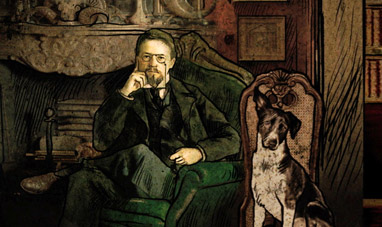

ANTON CHEKHOV
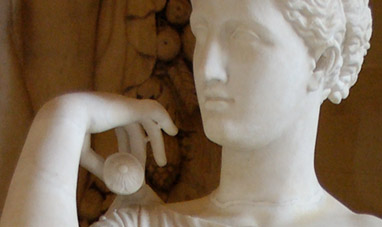

PRAXITELES
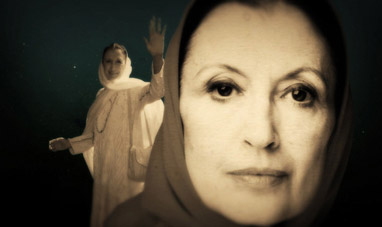

CARLA FRACCI
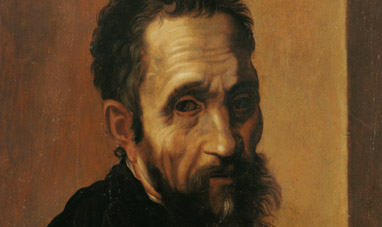

MICHELANGELO BUONARROTI


CHARLES BUKOWSKI
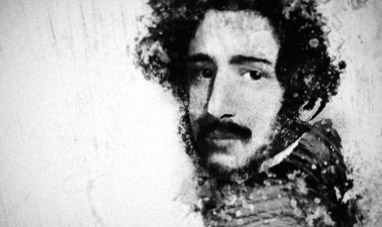

GAETANO DONIZETTI
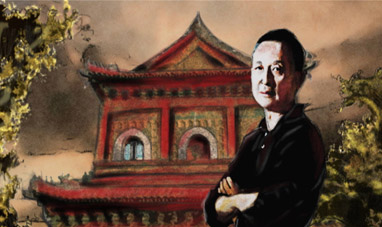

GAO XINGJIAN


KATE MOSS


JOVANOTTI
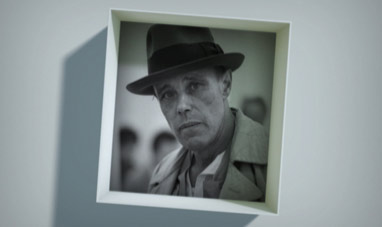

JOSEPH BEUYS
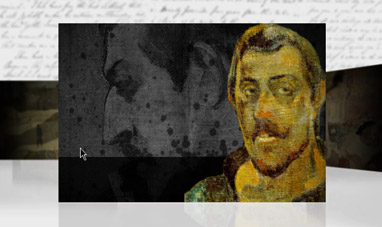

PAUL GAUGUIN
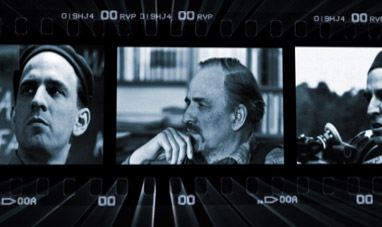

INGMAR BERGMAN
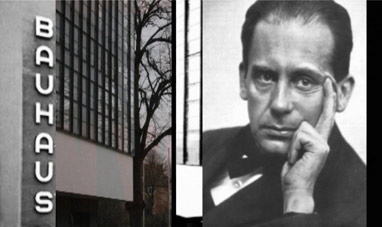

WALTER GROPIUS
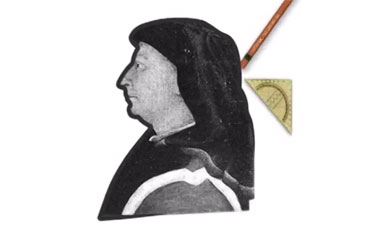

FILIPPO BRUNELLESCHI
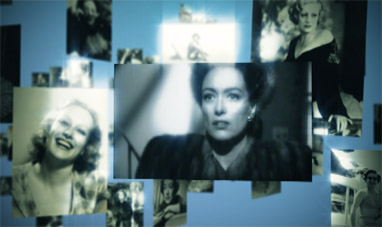

JOAN CRAWFORD


VITTORIO DE SICA


STANLEY KUBRICK


RUDOLF NUREYEV
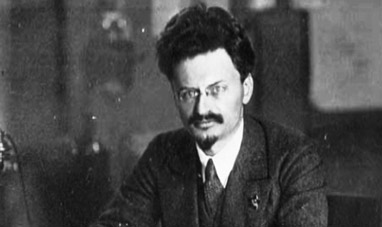

TROTSKY
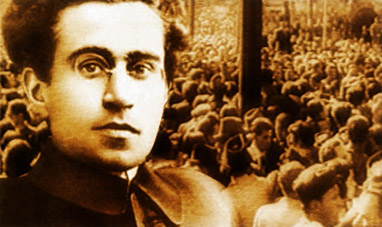

ANTONIO GRAMSCI
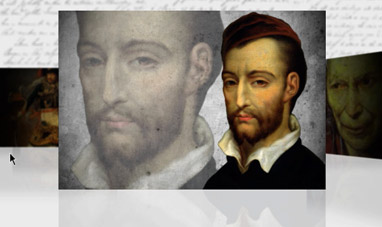

THÉODORE GÉRICAULT


MERCE CUNNINGHAM
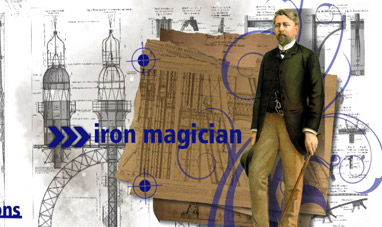

GUSTAVE EIFFEL


GIUSEPPE PENONE


JOHN CONSTABLE
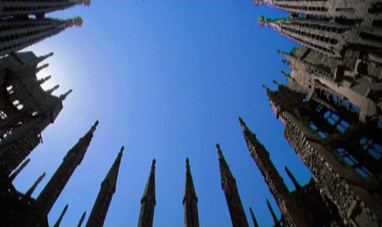

ANTONI GAUDÍ
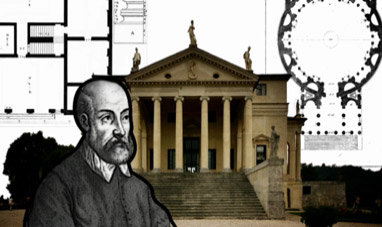

ANDREA PALLADIO
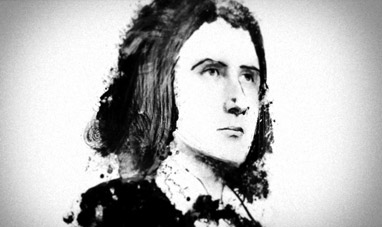

FRANZ LISZT


MAURIZIO CATTELAN


PIERO MANZONI
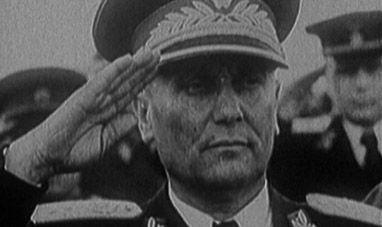

JOSIP BROZ TITO
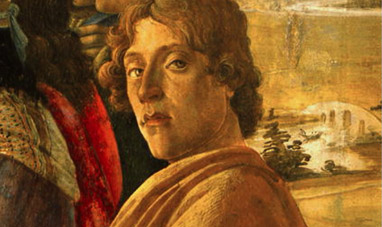

SANDRO BOTTICELLI
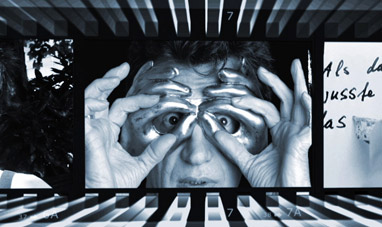

WIM WENDERS
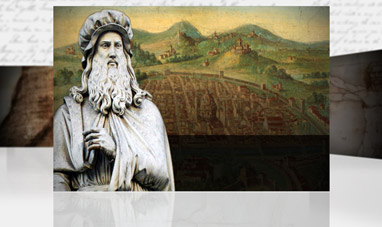

LEONARDO DA VINCI


DANIEL LIBESKIND


AKIRA KUROSAWA
